Keywords: Indigenous Australians
-

AUSTRALIA
- Kevin Bell
- 29 November 2024
2 Comments
With unaffordable housing pushing families into impossible choices, homelessness affecting 120,000 people, and systemic inequities deepening, we must ask: What kind of society do we want to build — and for whom?
READ MORE 
-

AUSTRALIA
- Andrew Hamilton
- 25 November 2024
4 Comments
Social Inclusion Week invites reflection on our shared humanity amidst deep divides. From childhood cliques to culture wars, the tension between inclusion and exclusion is a paradox rooted in belonging. Can we overcome fear and forge connections across difference, or will anxiety keep us apart? The answer shapes our society’s future.
READ MORE
-

AUSTRALIA
- John Schumann
- 23 October 2024
2 Comments
There are approximately 300 Australians like Will currently held in forensic disability facilities, hospitals, mental health facilities, the prison system and providers of last resort. After two decades of seclusion, his story reveals a broken system where lives deteriorate, not improve, despite efforts for reform.
READ MORE
-
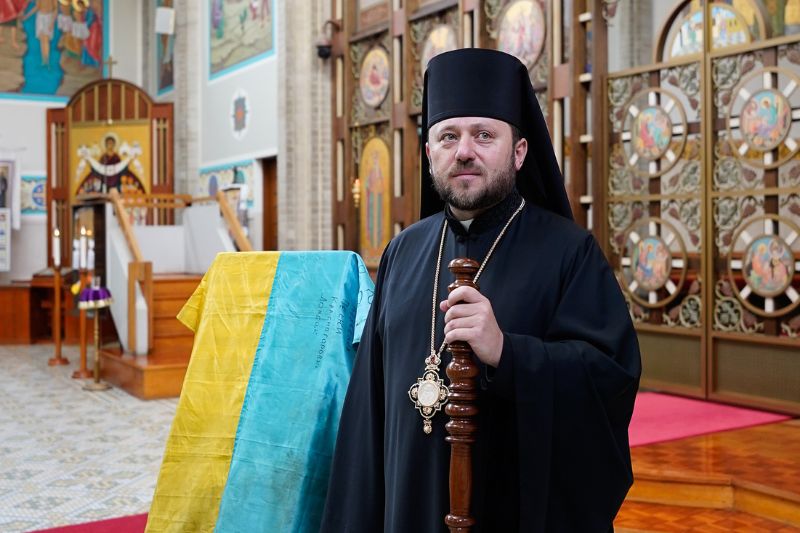
RELIGION
- Andrew Hamilton
- 14 October 2024
25 Comments
The recent appointment of Mikola Bychok as Cardinal caught many Australians off guard. Few are familiar with the Ukrainian Catholic Bishop from Melbourne, and his elevation challenges conventional notions of national identity, prompting reflection on who we consider 'one of us' and highlighting the Ukrainian community in Australia.
READ MORE
-

ARTS AND CULTURE
- Michael McGirr
- 10 October 2024
My Dad’s Gone Away will help any young person faced with the prospect of visiting mum, dad or any close adult in jail. It is graceful and gentle but also honest. It is also a book that will help any young person who might like to consider what some other people their age might be going through.
READ MORE
-

AUSTRALIA
- Joe Zabar
- 08 October 2024
2 Comments
Despite affecting millions, systemic and event-driven poverty is rarely discussed by politicians. In a nation facing growing economic uncertainty, can we afford to continue overlooking those most vulnerable to financial and social hardship?
READ MORE
-
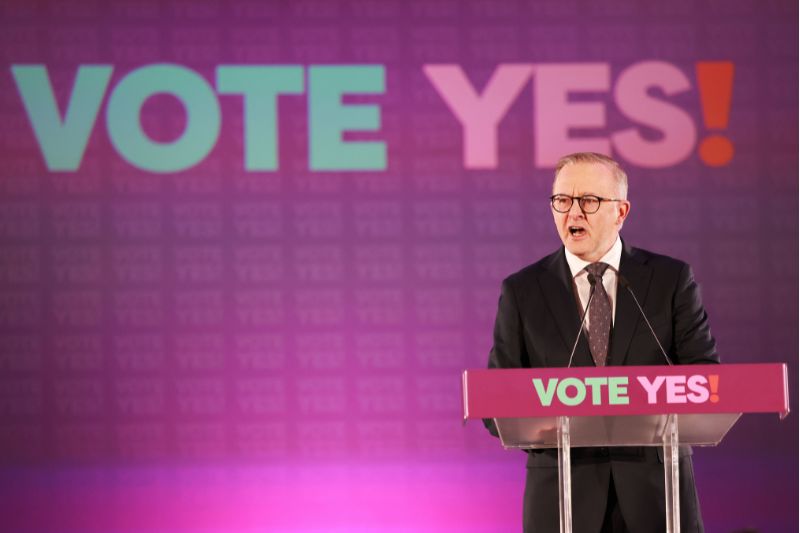
AUSTRALIA
- Michelle Grattan
- 04 October 2024
5 Comments
Almost a year after the Voice proposal was defeated, blame and recrimination are still being thrown around, and the government is still reeling from Albanese’s overreach.
READ MORE
-

AUSTRALIA
- Frank Brennan
- 25 September 2024
3 Comments
The Government is making another valiant effort to rein in the adverse effects of ungoverned digital platforms. But in debating such a detailed bill without the backstop of a constitutional or statutory bill of rights recognising the right to freedom of expression, there are no clear guard rails for getting the balance right.
READ MORE
-
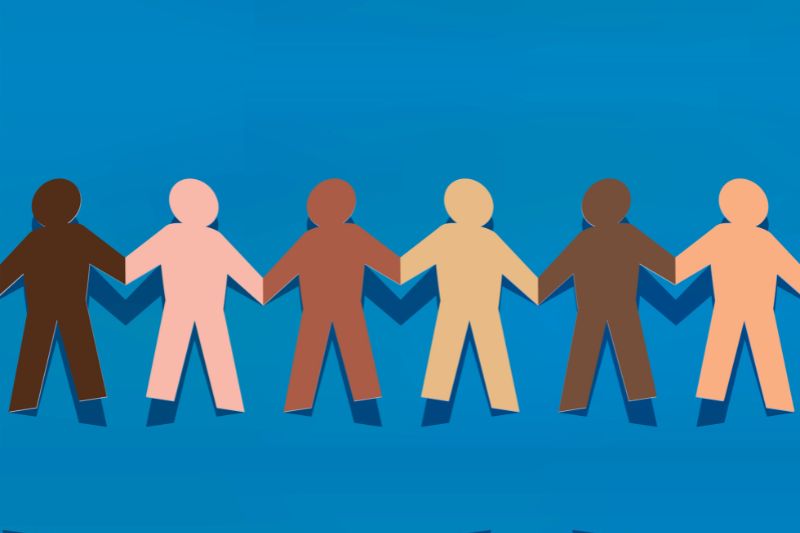
AUSTRALIA
- Joseph Camilleri
- 28 August 2024
3 Comments
As Australia faces numerous moral crises from domestic inequality to global militarization, a proposed national charter of principles could to reshape our society and redefine our global role. This declaration would acknowledge Indigenous dispossession, prioritize human rights, and shift focus from military alliances to human security.
READ MORE
-
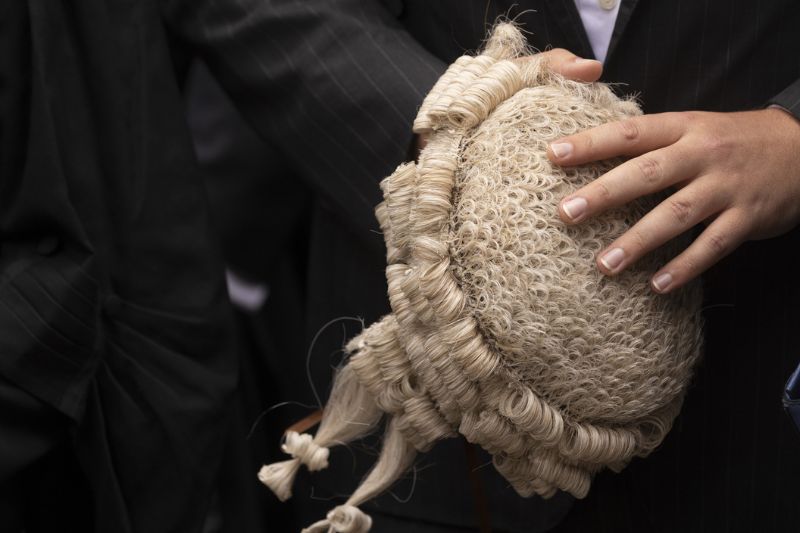
AUSTRALIA
- Frank Brennan
- 20 August 2024
6 Comments
In the aftermath of the failed Voice referendum, questions arise about the legal profession’s role in public discourse. Was this a missed opportunity for legal experts to provide critical analysis and guidance on such a significant constitutional matter?
READ MORE
-
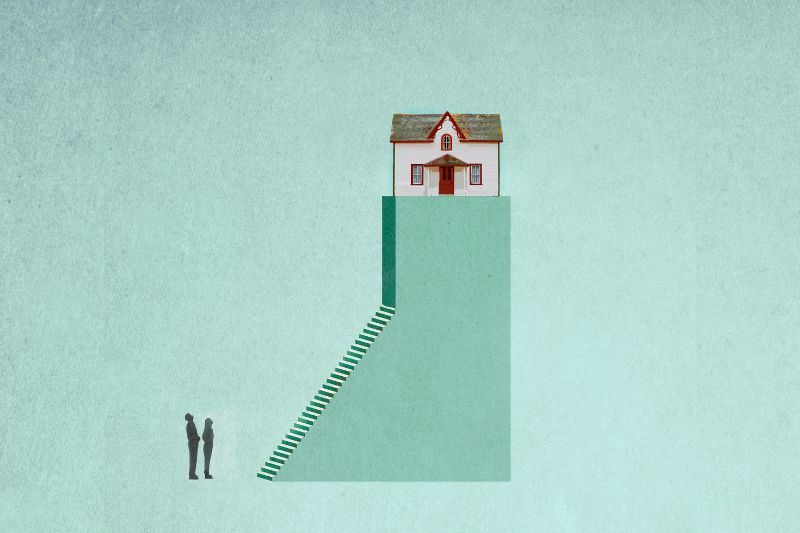
AUSTRALIA
- Mark Gaetani
- 08 August 2024
5 Comments
The Parliamentary Budget Office has unveiled the staggering cost of Australia's negative gearing and capital gains tax policies. As the housing affordability crisis deepens, critics question whether politicians' personal interests are hampering reform in a nation where one in five taxpayers owns investment property.
READ MORE
-
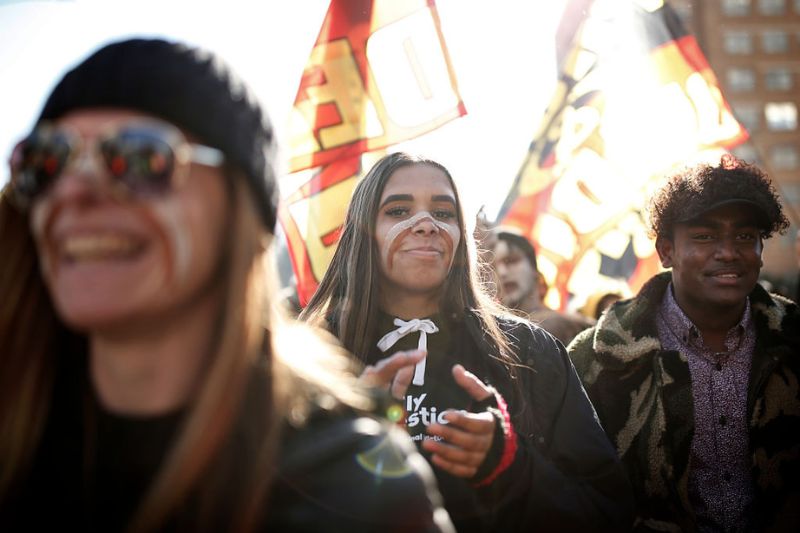
AUSTRALIA
- Andrew Hamilton
- 08 July 2024
1 Comment
A failed referendum leaves many Indigenous Australians feeling unheard, but hope remains. This year's NAIDOC Week takes on even greater significance. This celebration, born from a desire for recognition, is a time to reflect on how to build a more just Australia.
READ MORE